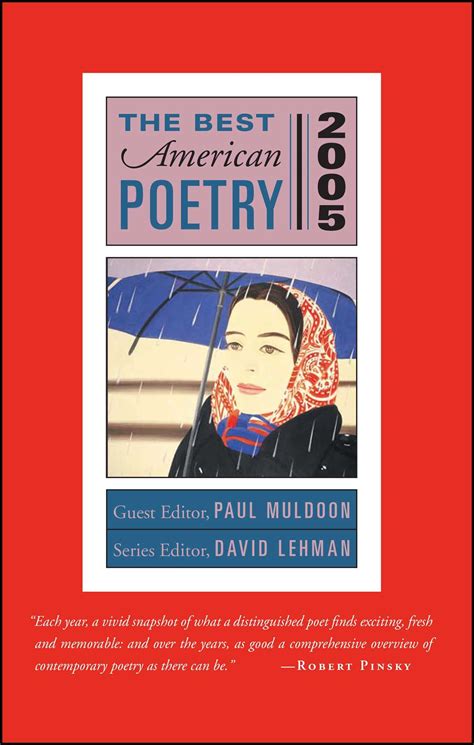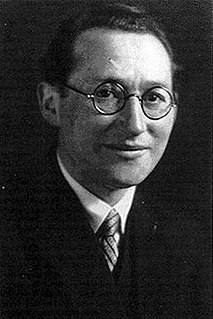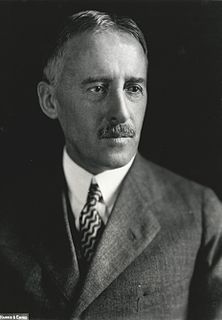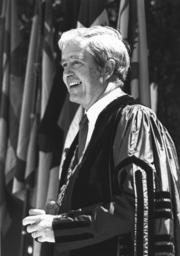A Quote by Murray Rothbard
'The General Theory' was not truly revolutionary at all but merely old and oft-refuted mercantilist and inflationist fallacies dressed up in shiny new garb, replete with newly constructed and largely incomprehensible jargon.
Quote Topics
Related Quotes
Relativity was a highly technical new theory that gave new meanings to familiar concepts and even to the nature of the theory itself. The general public looked upon relativity as indicative of the seemingly incomprehensible modern era, educated scientists despaired of ever understanding what Einstein had done, and political ideologues used the new theory to exploit public fears and anxieties-all of which opened a rift between science and the broader culture that continues to expand today.
Jargon is the verbal sleight of hand that makes the old hat seem newly fashionable; it gives an air of novelty and specious profundity to ideas that, if stated directly, would seem superficial, stale, frivolous, or false. The line between serious and spurious scholarship is an easy one to blur, with jargon on your side.
The history of acceptance of new theories frequently shows the following steps: At first the new idea is treated as pure nonsense, not worth looking at. Then comes a time when a multitude of contradictory objections are raised, such as: the new theory is too fancy, or merely a new terminology; it is not fruitful, or simply wrong. Finally a state is reached when everyone seems to claim that he had always followed this theory. This usually marks the last state before general acceptance.
As soon as science has emerged from its initial stages, theoretical advances are no longer achieved merely by a process of arrangement. Guided by empirical data, the investigator rather develops a system of thought which, in general, is built up logically from a small number of fundamental assumptions, the so-called axioms. We call such a system of thought a theory. The theory finds the justification for its existence in the fact that it correlates a large number of single observations, and it is just here that the 'truth' of the theory lies.
The human beings at the helm of the new nation [USA], whatever their limitations [slave owners, anti-democracy], were truly revolutionary. The theory of liberty born in that era, the seed of the idea, was perfect.More important, the idea itself carried within it the moral power to correct the contradictions in its execution that were obvious from the very birth of the new nation.
If they embark on this course the difference between the old and the new education will be an important one. Where the old initiated, the new merely 'conditions'. The old dealt with its pupils as grown birds deal with young birds when they teach them to fly; the new deals with them more as the poultry-keeper deals with young birds- making them thus or thus for purposes of which the birds know nothing. In a word, the old was a kind of propagation-men transmitting manhood to men; the new is merely propaganda.
Only the defeat of the proletariat in Germany in 1923 gave the decisive push to the creation of Stalin's theory of national socialism: the downward curve of the revolution gave rise to Stalinism, not to the theory of the permanent revolution, which was first formulated by me in 1905. This theory is not bound to a definite calendar of revolutionary events; it only reveals the world-wide interdependence of the revolutionary process.
Painting is the making of an analogy for something non-visual and incomprehensible - giving it form and bringing it within reach. And that is why good paintings are incomprehensible. Creating the incomprehensible has absolutely nothing to do with turning out any old bunkum, because bunkum is always comprehensible.


































